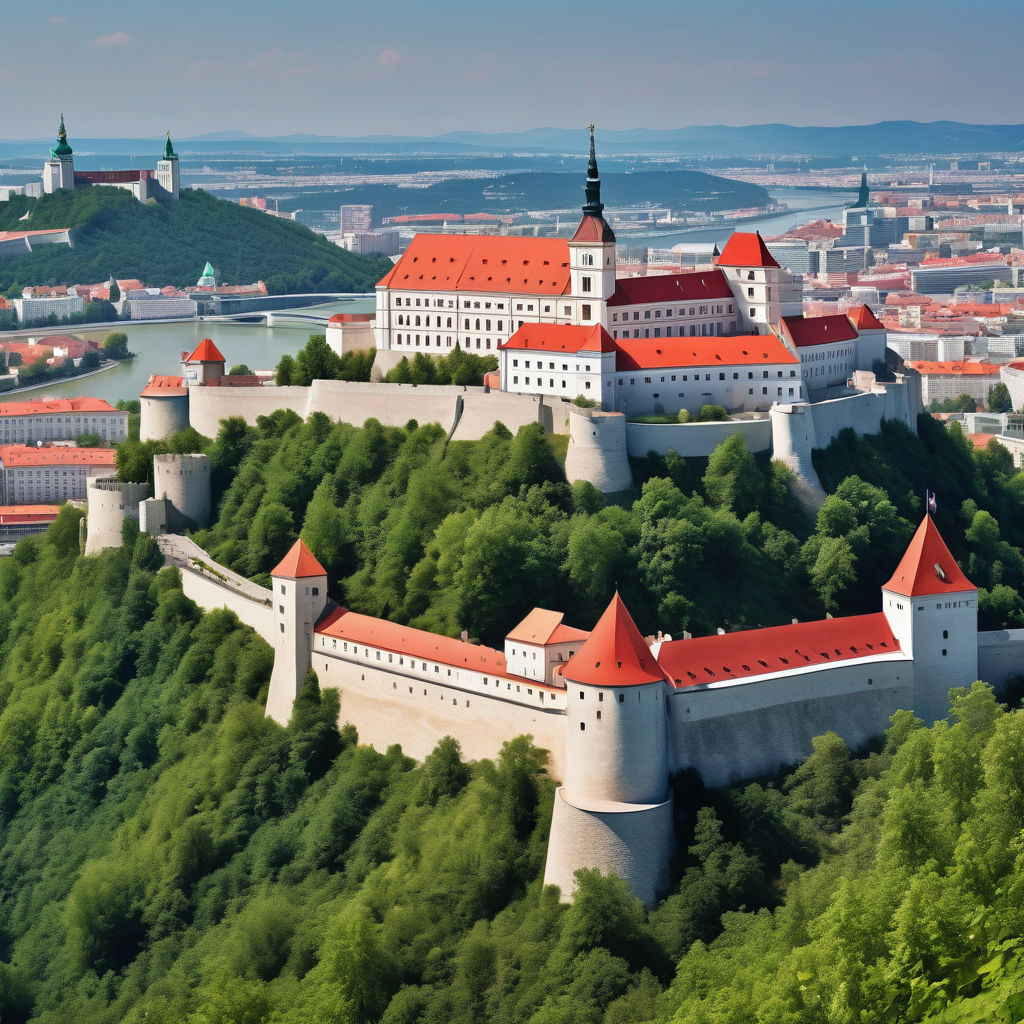Discover Slovakia: A Land of Rich Culture and Stunning Landscapes
Explore Slovakia's Diverse Heritage and Modern Trends

Introduction to Slovakia
Slovakia, a landlocked country in Central Europe, is bordered by Poland to the north, Ukraine to the east, Hungary to the south, Austria to the southwest, and the Czech Republic to the northwest. Its capital and largest city is Bratislava, known for its picturesque old town and vibrant cultural scene. Other major cities include Košice, renowned for its Gothic cathedral and medieval architecture, and Banská Bystrica, which boasts a rich history and stunning natural surroundings. Slovakia's cultural heritage is a blend of Slavic traditions, historical influences from neighboring countries, and contemporary European trends.
Cross-national and Cross-cultural Understanding
Slovakians generally have a positive attitude towards other cultures, valuing openness and hospitality. This outlook is influenced by the country's history of diverse cultural influences and its geographical position as a crossroads in Europe. Slovakian people often perceive cultural diversity as an opportunity for learning and growth. The country promotes cross-cultural understanding through various cultural exchanges, educational programs, and international partnerships. Institutions such as Comenius University in Bratislava have numerous exchange programs with universities worldwide, facilitating cultural and academic exchanges. Additionally, Slovakia participates in cultural festivals and events, such as the Slovak National Theatre’s international collaborations, which showcase global cultural expressions while celebrating local traditions.
Interactions and Social Dynamics
Interactions between Slovakians and foreigners are typically warm and welcoming. Social behaviors in Slovakia are characterized by politeness and respect. When meeting someone for the first time, a firm handshake accompanied by eye contact is customary. In more familiar settings, Slovakians might greet each other with a kiss on the cheek. Communication styles in Slovakia are generally direct yet courteous. While Slovak is the official language, many Slovakians, especially younger generations and those in urban areas, speak English and other European languages. This multilingualism greatly facilitates interactions with foreigners and enriches the cultural dialogue. Social norms in Slovakia emphasize family values and community cohesion. Foreigners often find themselves warmly included in social gatherings and traditional celebrations, providing them with a deeper understanding of Slovak culture. The importance of hospitality is deeply ingrained, and guests are often treated with great respect and generosity.
Views on Dating and Relationships
Dating and relationships with foreigners are generally accepted in Slovakia, though they can be influenced by cultural expectations and societal norms. In urban areas, dating foreigners is common and often seen as an exciting opportunity to learn about different cultures. However, in more traditional or rural areas, dating a foreigner might be met with curiosity or initial hesitation. Cultural expectations in Slovakian dating emphasize respect, honesty, and family involvement. Serious relationships often involve meeting each other’s families and gaining their approval. While casual dating is becoming more common, long-term relationships are typically expected to lead to marriage and family life.
Marriage and Family
Marrying foreigners in Slovakia is widely accepted, though it involves navigating various legal, social, and familial considerations. Legally, Slovakia supports cross-cultural marriages, provided all necessary documentation and procedures are followed. Socially, acceptance of cross-cultural marriages can vary depending on the community and the individuals involved. Family plays a central role in Slovak society, and marriage is often viewed as an alliance between two families rather than just two individuals. In cross-cultural marriages, families may have concerns about cultural differences and how they will be managed. However, these marriages also offer opportunities for cultural enrichment and the blending of traditions, which can strengthen family bonds. Trends in cross-cultural marriages in Slovakia indicate a growing acceptance, especially among the younger, more urbanized population. These marriages often lead to a fusion of cultural practices, creating a dynamic and inclusive family environment.